From focusing solely on energy conservation, Vietnamese travelers are now gradually shifting to prioritizing waste-reducing habits. Booking.com’s Travel and Sustainability 2025 Report shows that 41% of Vietnamese travelers consider reducing plastic waste as the top activity associated with sustainable travel.
Garbage on every tourist journey, a seemingly small matter but not a small one. Because the consequences of this “problem” of littering not only affect the image of the destination and the national competitiveness, but the consequences are truly unpredictable.
Choose to "avoid" littering
In 2025, one of the habits that Vietnamese travelers want to apply to their trips is to reduce waste, specifically recycling and avoiding using disposable items (58%).
Compared to the 2024 research results, this trend shows a positive shift, as reducing energy consumption is becoming a priority (56%). 62% of Vietnamese respondents to Booking.com's survey agreed that sustainable travel is very important to them and is a key factor considered before each trip. Notably, 90% want to choose more sustainable travel in the next 12 months.
In Vietnam, 46% of tourists said that waste and pollution from tourism activities are a major challenge for local areas, and 56% want to improve waste management towards sustainable tourism development.
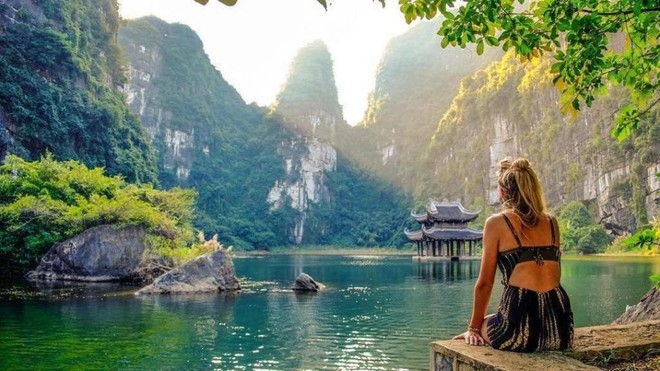
That awareness has wider implications, with 69% of travelers increasingly conscious of the impact of travel on local communities and the environment, 83% wanting to leave their destination better off after they leave, and 26% including sustainability as a deciding factor when planning personal holidays.
In Vietnam, Hoi An is considered an ideal destination for plastic-free tourism, demonstrating a long-term commitment to environmental protection. Here, the Cu Lao Cham Islands (a UNESCO World Biosphere Reserve) banned the use of plastic bags since 2009.
Local businesses and communities are adopting a range of sustainable solutions, from reusable product models to the use of natural, traditional materials, providing authentic and meaningful experiences for visitors.
Building a green destination map
Vietnam has been supported by UNDP for 2023-2024 through a small-scale but meaningful project to pilot a program to reduce plastic waste in the tourism sector, aiming to promote actions towards green and sustainable tourism. General Secretary of the Vietnam Tourism Association, Mr. Vu Quoc Tri, assessed that this is a global story, not just Vietnam's, and the project has been successfully implemented.
The first result of the project was the creation of a massive set of research documents developed by the Institute of Environmental Strategy (formerly the Ministry of Natural Resources and Environment) and the Tourism Association. Next, the set of criteria for zero-plastic waste tourism businesses has provided detailed and specific requirements and mechanisms for businesses and units to have a basis for implementation. In particular, the project has built a pilot app to manage plastic waste at tourism businesses...

“The biggest achievement is that we have built techniques and applied new technology, automation technology to effectively manage plastic waste. We have also issued an action plan on reducing plastic waste in the tourism industry, developed by the Vietnam Tourism Association with the support of UNDP, and will be implemented.”
Mr. Vu Quoc Tri, General Secretary of Vietnam Tourism Association.
The plan aims to achieve the requirements set by the Government and the State for the tourism industry in the field of sustainable tourism development by 2030.
The project to reduce plastic waste in the tourism sector, supported by UNDP and implemented in Vietnam over the past two years, has proven to be effective in the two localities of Ninh Binh and Hoi An.
In Ninh Binh, the project implemented in Trang An (including Tam Coc Bich Dong, Van Long Lagoon) has helped this destination become truly green and free of plastic waste. In Hoi An, thanks to the project's technical application, accommodation establishments and service providers in the old town area have reduced the amount of waste by 30-35% in 6 months.

“We consider these to be positive results and hope to be able to replicate the model,” said a representative of the Vietnam Tourism Association, adding that there are some good examples of “saying no” to plastic waste such as Co To Island, some places in Sa Pa, Ha Giang, Bac Giang...
Tourism experts expressed hope that with the participation of all localities and businesses, Vietnam will soon build a map of green tourism destinations, because that is also a great resource for the country's smokeless industry./.
Source: https://baolaocai.vn/bat-ngo-voi-uu-tien-hang-dau-cua-du-khach-viet-nam-tren-hanh-trinh-xe-dich-post648386.html



![[Photo] Unique architecture of the deepest metro station in France](https://vphoto.vietnam.vn/thumb/1200x675/vietnam/resource/IMAGE/2025/11/14/1763107592365_ga-sau-nhat-nuoc-phap-duy-1-6403-jpg.webp)


![[Photo] Unique art of painting Tuong masks](https://vphoto.vietnam.vn/thumb/1200x675/vietnam/resource/IMAGE/2025/11/14/1763094089301_ndo_br_1-jpg.webp)
![[Photo] Special class in Tra Linh](https://vphoto.vietnam.vn/thumb/1200x675/vietnam/resource/IMAGE/2025/11/14/1763078485441_ndo_br_lop-hoc-7-jpg.webp)











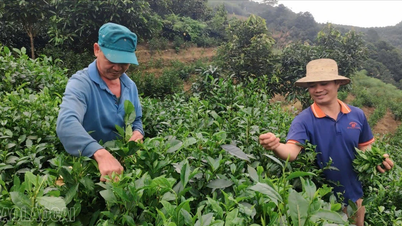
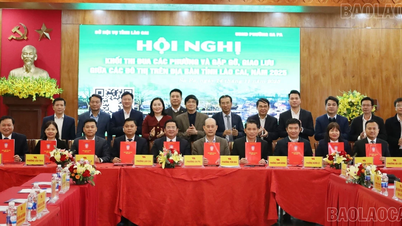
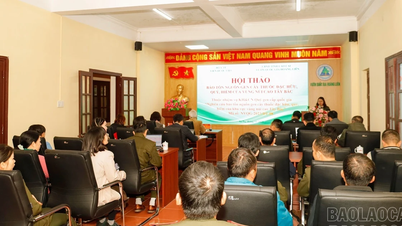



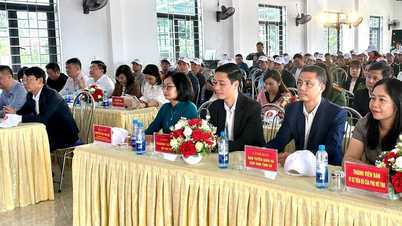




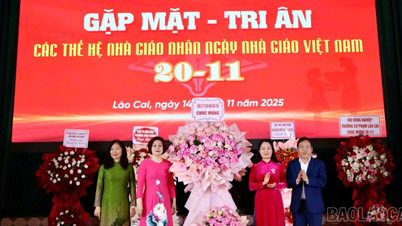
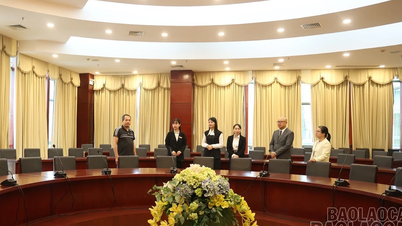
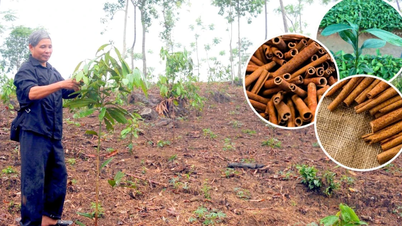
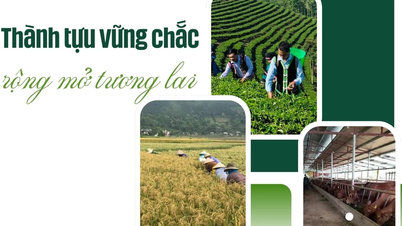
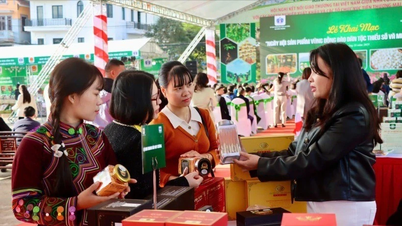
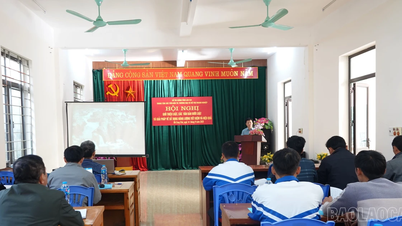






































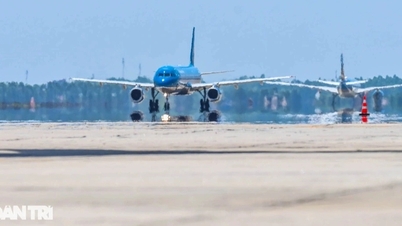


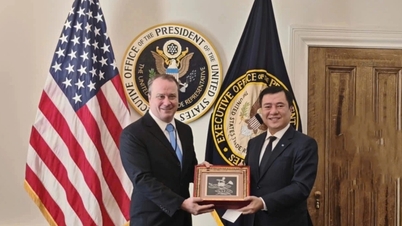

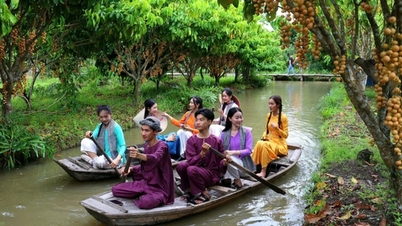




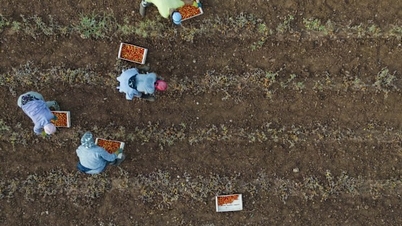


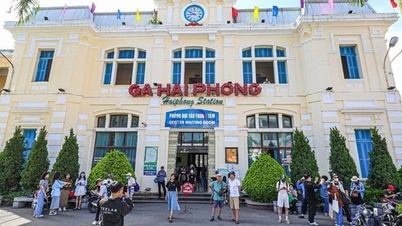




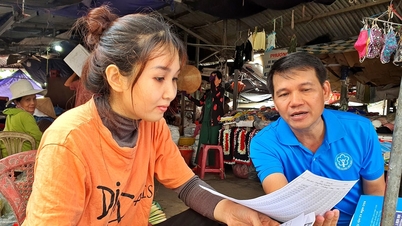
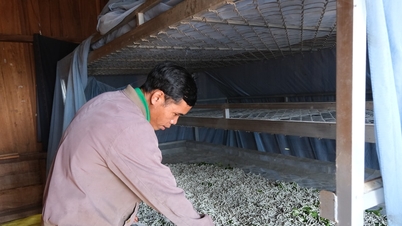
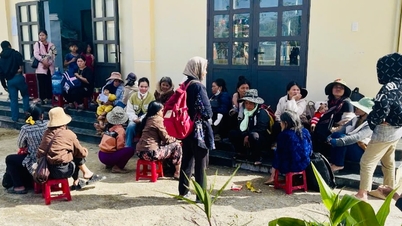




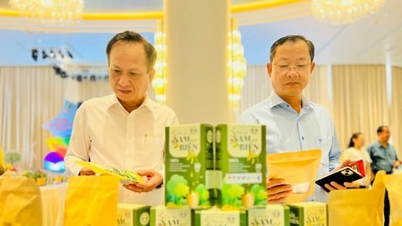










Comment (0)